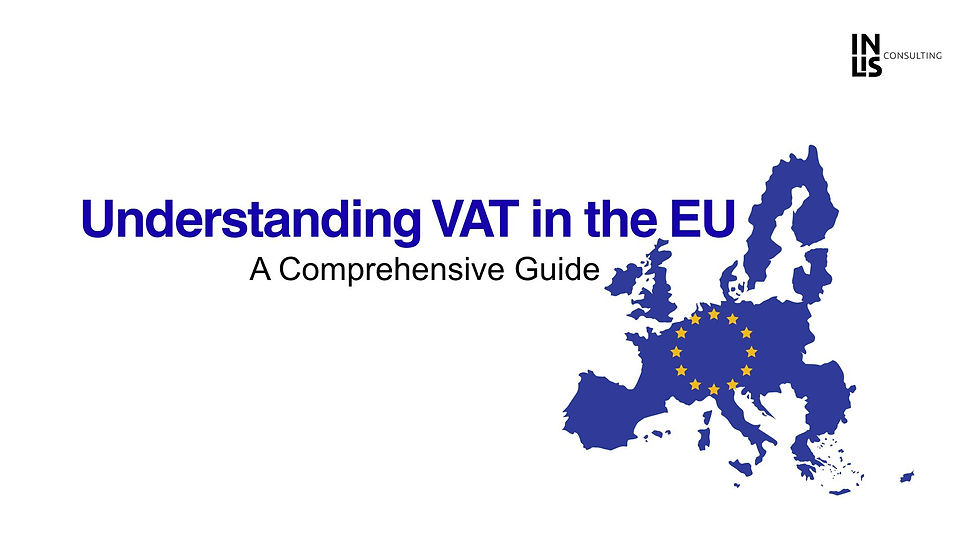What do inheritance and divorce returns entail, and how are they implemented?
- INLIS Consulting
- Nov 27, 2023
- 3 min read
Explore the concept of returns and their significance regarding inheritance and divorce.

In the process of dividing assets during divorce or inheritance, one party may compensate the other through "tornas" or returns.
Understanding the legal protocols around returns is pivotal in asset division. Tax responsibilities linked to such compensations must also be taken into account, especially if making or receiving these payments. Returns typically involve immovable assets like houses, land plots, artworks, and the like.
Shares or returns: what's the difference?
Absolutely, distinguishing between shares and returns is crucial due to their distinct meanings:
Returns denote the financial compensation, often symbolic, that one beneficiary provides to offset having received more valuable assets during divorce or inheritance proceedings.
Conversely, shares refer to the equitable division of assets among involved parties. This process involves the valuation of property and the subsequent distribution into equal portions among the concerned parties.
Returns in the event of inheritance
In the allocation of inherited assets, situations may arise where returns become necessary if one party ends up with more than their rightful share. This scenario might occur during the equal distribution of assets among siblings, leading to one inheritor receiving a more valuable property compared to others.
In such cases, when an heir receives a larger portion than their entitlement, they are obligated to compensate the other heirs through returns, often in the form of cash.
For instance, consider three sisters inheriting €600,000 worth of art pieces. Two sisters, who own a gallery, wish to retain their late father's collection. The third sister, therefore, receives compensation in the form of a return, such as €1,000, balancing the assets among the siblings in monetary terms based on their father's possessions.
Returns in the event of divorce
In divorce proceedings, spouses can opt for an asset division agreement or, if they can't reach an agreement, turn to inventory procedures.
Yet, disparities in asset distribution might occur, with one spouse receiving assets of higher value. In such cases, unless the disadvantaged spouse chooses to waive this entitlement, the necessity for compensation, often termed as "torna" or return, arises.
For instance, consider a divorcing couple with a property where one spouse can afford to continue the mortgage payments. Through mutual agreement, they decide that the spouse retaining the house will provide monetary compensation (return) to the other as a resolution.
How are returns taxed?
Returns serve as income for both the recipient and the payer, mandating declaration to the IRS.
Recipients are required to report returns in Annex G, while payers must declare them in Annex H following tax guidelines.
Additionally, returns fall under IMT (Municipal Property Transfer Tax) regulations introduced by the state in 2022.
Each beneficiary is responsible for paying IMT based on the variance between their entitled share and the actual amount received.
Renouncing returns
When a return is waived, it is regarded as a donation for tax purposes and is subject to Stamp Duty at a 10% rate. The responsibility for paying this levy falls on the recipient of the donation.
Returns might be renounced for different reasons:
Amicable Agreement: Parties may renounce returns to prevent conflicts or misunderstandings, reaching a peaceful resolution.
Personal Choice: Sometimes, an individual involved might opt not to receive the financial compensation, making a personal decision to renounce the return.
Absolutely, renouncing returns is a deliberate and voluntary action, often requiring the signing of legal documents to formalize the decision.
Prior to deciding on renouncing returns, seeking guidance from a professional, such as Inlis Consulting is advisable to gain a better understanding of the tax procedures in Portugal.




Comments